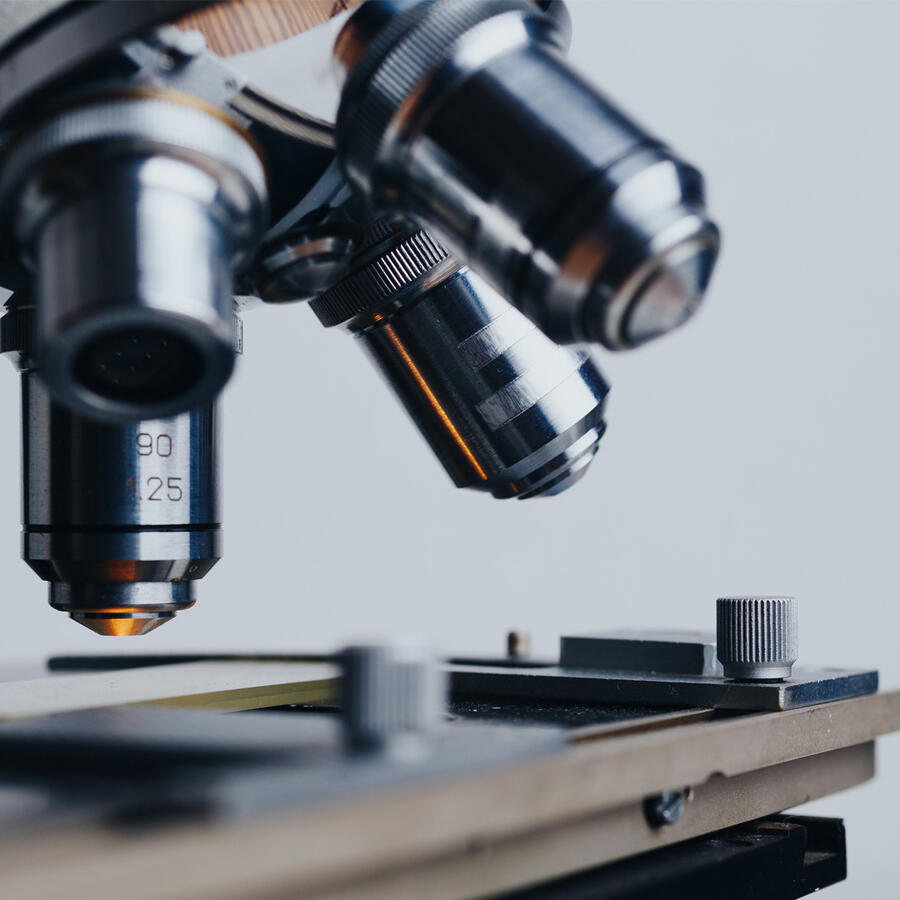Releases
WADA further extends the suspension of Bloemfontein Laboratory accreditation

The World Anti-Doping Agency (WADA) has further extended the suspension of accreditation imposed on the anti-doping laboratory in Bloemfontein, South Africa, for a second period of up to six months.
In March 2024, WADA imposed a six-month suspension due to multiple non-conformities with the International Standard for Laboratories (ISL), including non-conformities with Technical Documents (TDs) and the continued Analytical Testing Restriction (ATR) on the Laboratory’s Gas Chromatography / Combustion / Isotope Ratio Mass Spectrometry (GC/C/IRMS) analytical method, among other issues. The ATR was imposed in September 2023.
Based on the recommendation of the Laboratory Expert Advisory Group (Lab EAG), the Chair of the WADA Executive Committee has confirmed the extension of the Laboratory’s suspension for another six months until 1 March 2025, or until the date that the requirements are met, if earlier.
The suspension, which took effect on 1 March 2024, prohibits the Laboratory from carrying out any anti-doping activities, including analyses of urine and blood samples, with the exception of analysis related to the Athlete Biological Passport hematological module. The extension was granted on the basis of the Laboratory’s request, which included justifications for the delay, in order to have sufficient time to address the issues related to the suspension.
During the extended period of suspension, the Laboratory shall address all non-conformities identified by the Lab EAG or WADA in any request for corrective action or otherwise, as well as any additional non-conformities identified by any follow up WADA site visit during the suspension period. If the Laboratory satisfies the Lab EAG in meeting these requirements, it may apply for reinstatement prior to the expiry of the extended suspension period.
In accordance with the ISL, WADA is responsible for accrediting and re-accrediting anti-doping laboratories, thereby ensuring that they maintain the highest quality standards. This monitoring process is conducted in conjunction with the International Organization for Standardization (ISO) assessment by independent national accreditation bodies that are full members of the International Laboratory Accreditation Cooperation (ILAC).

